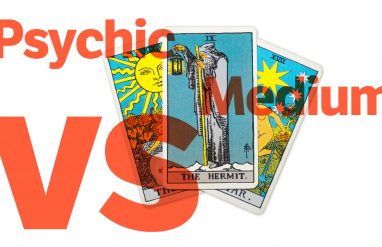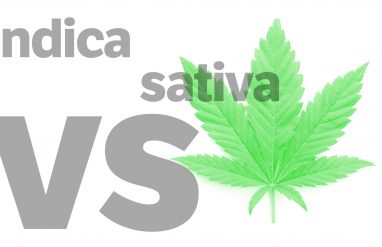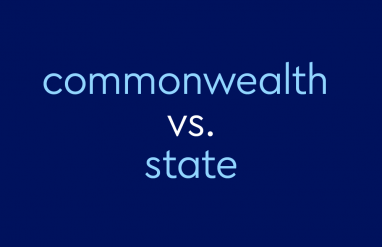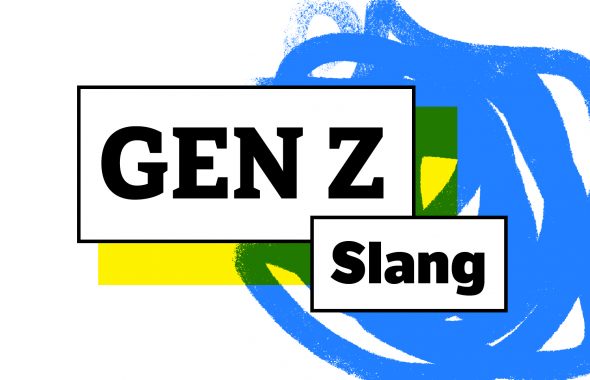The words assume and presume both mean that you take something for granted as being true, but the difference is based on how certain you are. Assume is typically used in situations where someone takes something as the truth with a very low level of certainty or with no proof at all. Presume usually involves a higher level of certainty and is used in situations where someone makes an educated guess based on reasonable proof or evidence.
Examples
One example of assume comes from Harry Potter and the Deathly Hallows by J. K. Rowling: “The teenaged Sirius had plastered the walls with so many posters and pictures that little of the walls’ silvery-grey silk was visible. Harry could only assume that Sirius’s parents had been unable to remove the Permanent Sticking Charm that kept them on the wall, because he was sure they would not have appreciated their eldest son’s taste in decoration.” In this case, Harry doesn’t know for sure whether this is the reason the posters remain on the wall. He’s making a guess without actual proof, so assume is the best choice of word.
An example of presume is in this line from “The Adventure of the Noble Bachelor” from the collection The Adventures of Sherlock Holmes by Sir Arthur Conan Doyle: “I understand that you have already managed several delicate cases of this sort, sir, though I presume that they were hardly from the same class of society.” In this case, the speaker is making an educated guess based on information he already knows about previous cases, so presume is the most appropriate word choice.
Other Forms of Assume and Presume
Assumption is a noun related to the verb assume, and refers to the act of taking for granted or supposing something. Likewise, presumption is a noun related to the verb presume, and refers to a belief on reasonable grounds or probable evidence.Presume and assume are often used interchangeably and have similar meanings. When you’re trying to decide which word to use, think about the level of certainty involved and whether it’s a guess with no proof (an assumption) or a guess with reasonable evidence (a presumption).














